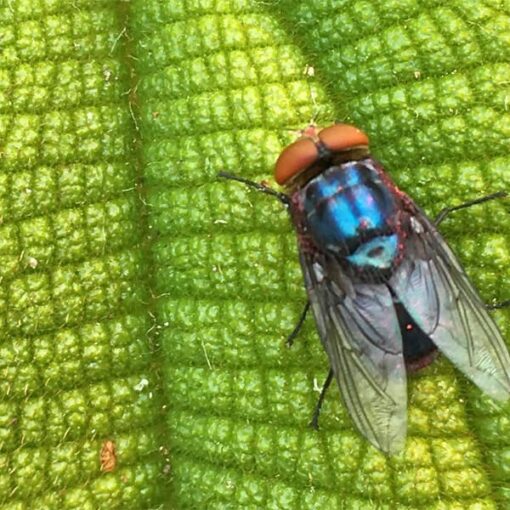Q24N (Confidencial) The Russian government has approved a draft intergovernmental military cooperation agreement with Nicaragua proposed by the Russian Ministry of Defense and coordinated with the Ministry of Foreign Affairs and other Russian institutions.
The Russian government has tasked the Defense and Foreign Affairs Ministries with negotiating with Nicaragua and, upon reaching an agreement, signing the document on behalf of the executive branch.
According to the Russian state legal information portal, the objective of the agreement is to develop long-term military cooperation with Nicaragua.
– Advertisement –
Details of Military Cooperation with Nicaragua
The project specifies that military cooperation with Nicaragua will include the exchange of opinions and information on military matters of mutual interest, as well as the coordination of efforts to jointly address challenges and threats to global and regional security and stability.
It also provides for interaction within the framework of international security organizations and forums and the exchange of experiences and information related to the implementation of national military doctrines.
To coordinate cooperation, the Russian side proposes the creation of a joint working group.
Under this project, the military cooperation agreement with Nicaragua would be signed for a term of five years and automatically extended for an additional five years unless either party informs the other—through diplomatic channels and at least six months in advance—of its intention to withdraw from the treaty.
Russia has been a longtime ally of Nicaragua. During the first Sandinista government (1979–1990), it supplied the Nicaraguan Armed Forces with Soviet weaponry, a relationship that continues today with material and military aid, as well as political support in major international organizations.
– Advertisement –
In August 2024, a CONFIDENCIAL investigation revealed that a Nicaraguan Army base located in Cerro Mokoron, south of Managua, has become one of Russia’s main espionage centers in recent years.
The report, Russian Spy Center Operates at Mokoron Military Base in Managua, details how Russian personnel exclusively control and operate the equipment and information gathered, while Nicaraguan officers are limited to providing “security” at the base, according to sources with access to the military facility.
At the Mokoron base —also known as Unit 502— the Directorate of Military Intelligence and Counterintelligence (DICIM) of the Nicaraguan Army has processed information for years using a radiogoniometry system that geographically locates telephone, television, or radio signals within the electromagnetic spectrum as part of the national defense strategy.
According to a source linked to the Army, now outside Nicaragua, Russian espionage antennas and equipment were installed at several Nicaraguan military bases in mid-2017. The Nicaraguan Army has not commented on the matter to date.
Russia’s Surveillance in Latin America
– Advertisement –
“Nicaragua is the most visible center of Russian surveillance (in Latin America), backed by the unconditional support of the Ortega regime for Putin and the long-standing historical ties with the former Soviet Union,” according to a report by the Jack D. Gordon Institute of Public Policy at Florida International University (FIU).
The report, prepared by Douglas Farah, a national security researcher, was cited in a CONFIDENCIAL article published in October 2024. The article, Nicaragua: “The Most Visible Center of Russian Surveillance” in Latin America, notes that Russia provides Nicaragua, Venezuela, and Cuba with technology that grants access to military, police, and financial data.
According to the report, over the past decade, Russia has supplied “sophisticated surveillance technology” that has been “vital” for the survival of repressive regimes in Nicaragua, Venezuela, and Cuba, and possibly for non-state criminal actors undermining democracy and threatening US national security.
This article was published in Spanish in Confidencial
– Advertisement –
Source link
Q24N



